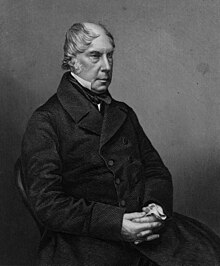1855 vote of no confidence against the government of Lord Aberdeen

The 1855 vote of no confidence against the government of the Earl of Aberdeen occurred in January 1855 when the House of Commons voted in favour of an investigation of the alleged mismanagement during the Crimean War.
George Hamilton-Gordon, 4th Earl of Aberdeen, became Prime Minister of the United Kingdom in December 1852 and formed a coalition government of the Peelites and the Whigs. In October, 1853, Crimean War broke out between the Ottoman Empire and Russia, and Britain and France declared war on the latter on 28 March, 1854. The Allied Forces set a siege to Russian port Sevastopol in October. However, the British war effort was marked by gross mismanagement, and the death rates were very high. Public opinion turned hostile against the government.
On 26 January 1855, John Arthur Roebuck, a non-partisan MP, proposed in the House of Commons to appoint a select committee to inquire into the condition of the British Army and into the government's conduct of war administration.[1] After 2 days of debate, the motion was carried on 29 January in the House by a vote of 305 to 148.[2]
| Yes votes | 305 |
|---|---|
| No votes | 148 |
Lord Aberdeen saw this huge defeat as a sign of no-confidence, and the government resigned on the next day. The Viscount Palmerston formed a government on 6 February.
References
- ^ "ARMY (CRIMEA).". Parliamentary Debates (Hansard). House of Commons. January 26, 1855.
- ^ "ARMY (CRIMEA)—THE CONDUCT OF THE WAR, AND CONDITION OF THE ARMY. ADJOURNED DEBATE.—(SECOND NIGHT.)". Parliamentary Debates (Hansard). House of Commons. January 29, 1855.
Template:Motion of no confidence votes in the United Kingdom
